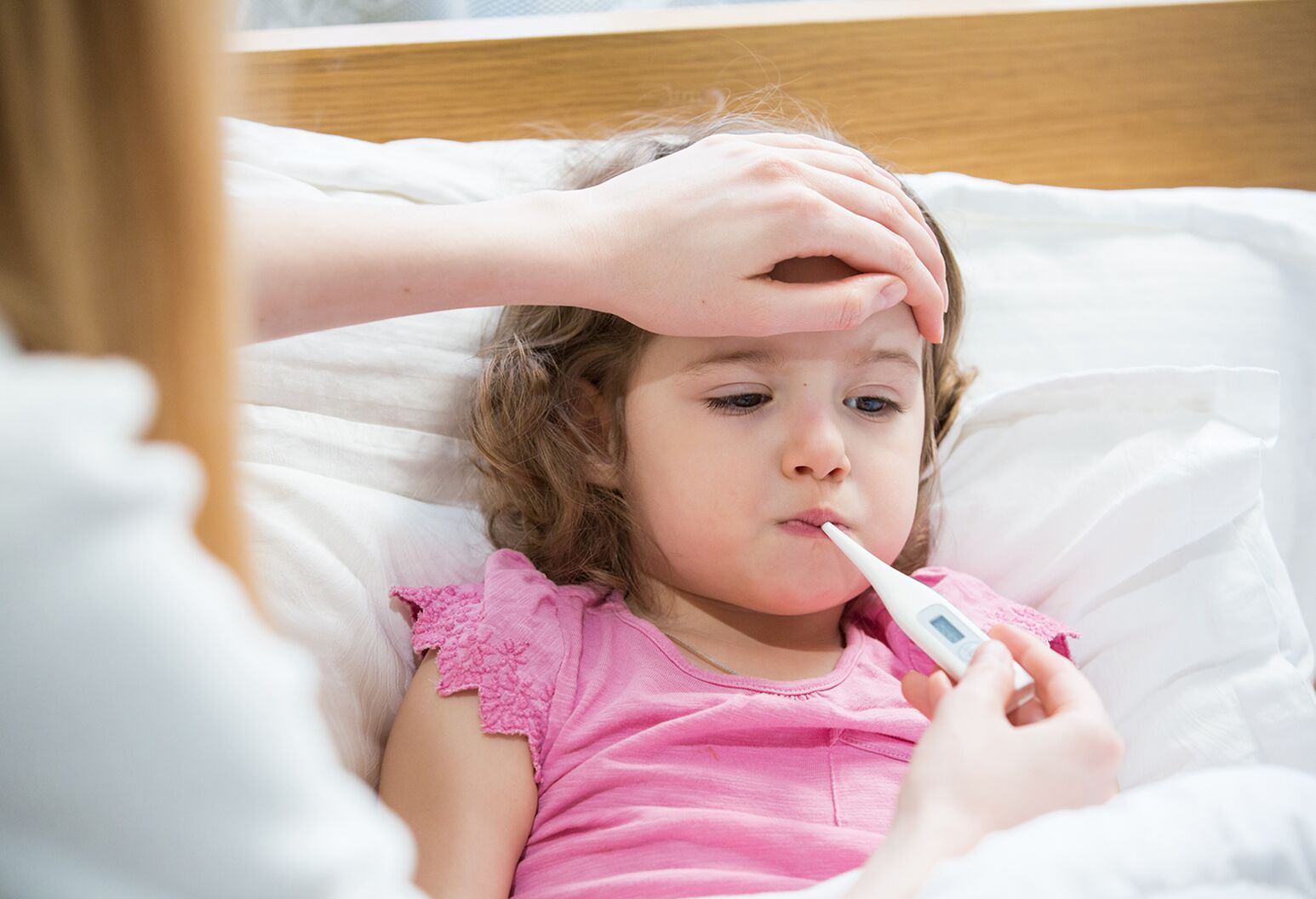parenting
My Ex Doesn't Want To Co-Parent

Learn why letting a fever run its course can be beneficial for your child's health.
5 min read
If there’s one health issue that sends concerned parents running to call their pediatricians in a panic, it’s a fever. And as any parent can sympathize, that fear is a warranted one. After all, what’s the difference between a fever where you can simply make your kid comfortable, give lots of fluids, and wait it out, and a fever that’s a sign of something more serious—something that warrants a visit right away?
It’s because of these very fears and questions that parents are often left scratching their heads when they’re told that in many cases—especially for children older than 6 months—a low-grade fever can actually be a good thing. (Yes, really.) Let me explain.
A fever is the body’s normal immune response to bacteria and viruses, and the more the body temperature rises, the harder it is for these germs to survive. What’s more, fever also stimulates the immune system into producing more white blood cells, antibodies, and a protein called interferon, all of which work to protect your child against harmful microorganisms.
That said, there is a fine line for when a fever goes from being a useful, disease-fighting tool to something more dangerous. So, when is a fever too high for a child?
By providing your email address, you agree to receive email communication from The Well.
Too often, parents reach straight for fever-reducing medications like Tylenol or Motrin. But unless your pediatrician has specifically recommended medication, I generally advise that parents hold off and give your child’s fever a chance to do its job.
Having said that, here are some guidelines for parents and caregivers wondering, “When is a fever too high for a child?”
BE AWARE: Brain damage occurs at 107.6 F and above.
When children are feverish, they usually lie around, eat very little, and take frequent naps. When you treat a fever with medication, they feel better and become more active, when they really need more rest and to stay still while their bodies fight the virus.
Children’s pain and fever medications—whether in liquid or chewable form—are full of artificial colors, flavors, sweeteners, and preservatives, ingredients that parents should avoid giving to their child. While acetaminophen and ibuprofen are usually safe if taken correctly, long-term use of acetaminophen can cause liver toxicity. Ibuprofen can cause stomach upset or increase the risk of gastrointestinal bleeding—especially if taken in excess and on an empty stomach.
Evidence shows that fever is beneficial to the healing process, triggering the immune response and preventing viruses and bacteria from replicating. One study showed that flu sufferers who suppressed their fevers with medications were sick for more than three days longer than those who took no medication.
Often, well-meaning parents end up doing more harm than good by giving their feverish children medication to make them feel better and bring down their fever, and then taking their still highly contagious kids out in public where they can infect others. Researchers estimate that in an average flu season, fever-reducing medications could lead to tens of thousands of extra flu cases and at least a thousand flu deaths.
There are times when a fever, possibly in combination with other symptoms, warrants a trip to your pediatrician. These include:
The old adage that says “feed a cold, starve a fever” is actually wrong. You should feed both, if your child feels like eating. The main thing is to try to make your child comfortable while the fever runs its course.
If your child’s fever is not getting better after a day or two and they seem very uncomfortable, this might mean that something more serious than a cold or the flu is going on. To know for sure, you should make an appointment with your pediatrician to rule out other causes for their temperature.
The Well is Northwell Health’s commitment to the future of health care. In this time of information overabundance, much of which is inaccurate, unhelpful, or even difficult to understand, Northwell Health is on a mission to make a difference as an honest, trusted, and caring partner. The site connects with consumers to provide them with personalized content that reduces their stress, makes them laugh, and ultimately feel more confident and capable on their healthcare journey.